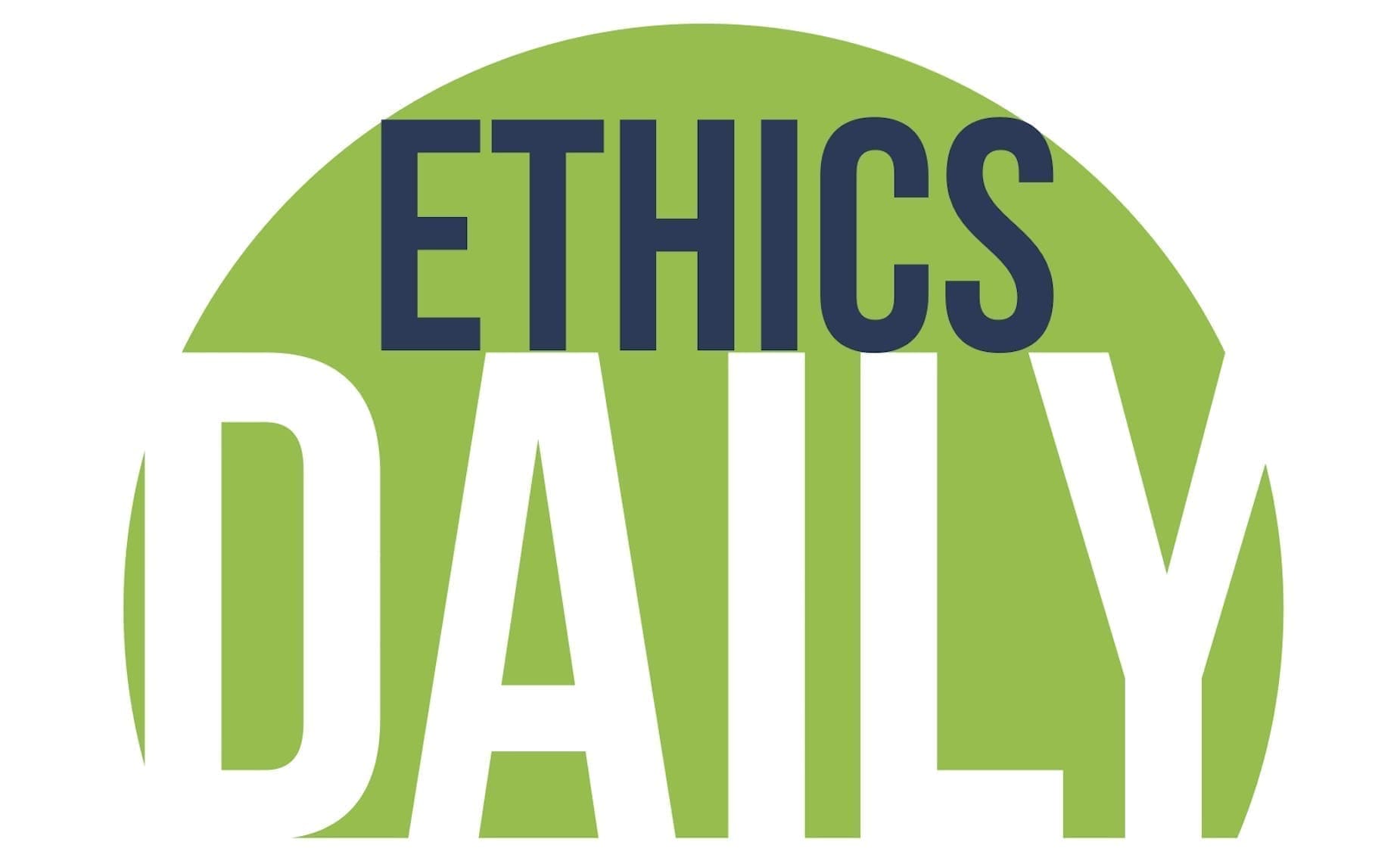State of the State addresses for 2016, largely overshadowed by the presidential election, gave sustained attention to economic recovery and education.
Nearly every governor framed their address around recovering from the “Great Recession,” highlighting the progress since 2008 and emphasizing how their actions and policies had contributed to the state’s economic improvement.
The generally optimistic tone of most governors – the result of fiscal responsibility and bipartisan collaboration, they asserted – was balanced by recognition of ongoing challenges.
Significant attention was given by governors from both parties to continued challenges of infrastructure needs coupled with the importance of fiscal responsibility and debt reduction following a series of budget deficits incurred during the recession.
In addition to this widespread challenge, 29 governors touched on education, with many devoting a significant portion of their speech to discussing successes, failures and ongoing challenges.
Touting improved graduation rates, test scores and college enrollment, governors emphasized the importance of ensuring that educational programs were training students (and providing opportunities for current workers to learn new skills) for the jobs currently available.
Doug Ducey (R-Arizona) asserted that “a great economy requires great public schools” and encouraged bipartisan support for legislation “targeting high-need employment sectors with a new focus on career and technical education.”
Emphasizing the need to “close the skills gap in our workforce” was Georgia’s Nathan Deal (R), while both Peter Shumlin (D-Vermont) and Scott Walker (R-Wisconsin) said their state’s employers often struggled to find enough trained workers to fill job openings.
Joining the chorus of state leaders emphasizing this issue were Iowa Gov. Terry Branstad (R), who lamented the number of jobs in his state that are “unfilled because of the skills gap in our workforce,” and Gina Raimondo (D-Rhode Island), who said it was vital to “prepare people for jobs that are available now.”
Career guidance in schools, paid apprenticeships (and other forms of on-the-job training), making college more affordable, as well as college and career programs in which high school students can complete their degrees while earning college credits and gaining job skills via internships, were among the proposals to bridge the divide.
The importance of pre-K programs, a key emphasis in 2015 addresses, was again highlighted by a number of governors.
Maggie Hassan (D-New Hampshire) called early childhood education “a fundamental aspect of long-term success,” and Gov. “Butch” Otter (R-Idaho) said developing reading skills by third grade was ” the cornerstone of successful lifelong learning” and urged the approval of increased funds for reading intervention efforts.
Twenty-seven governors spoke about their state’s criminal justice system, a key focus in State of the State addresses in 2014 and 2015.
Progress reports about ongoing reforms were provided, often focused on continuing efforts to respond to mental illness and the growth of drug addiction and abuse through rehabilitative treatment programs rather than incarceration.
While immigration, refugees and terrorism have been leading national and international headlines, only Alabama’s Robert Bentley (R) and Kansas’ Sam Brownback (R) directly addressed these topics.
Environmental issues – from water quality and conservation to renewable energy – were touched on by a number of governors, but only California’s Jerry Brown (D) mentioned the widely publicized COP21 climate conference.
Religious references were limited, appearing primarily in end-of-speech requests for God’s blessings to be upon the people, the state and the nation. There were a few notable exceptions.
Robert Bentley (R-Alabama) said he had been “called by God to this office.” Larry Hogan (R-Maryland) quoted Pope Francis, and Raimondo referenced attending weekly Mass.
The Talmud was referenced by Jack Markell (D-Delaware), which he quoted as teaching: “It is not your obligation to complete the task of perfecting the world, but neither are you at liberty to desist from it.”
Brownback referenced Psalm 8:4. Charlie Barker (R-Massachusetts) quoted Philippians 2:3-4, while Jay Nixon (D-Missouri) drew on Matthew 25 in stating, “Our service will ultimately be measured at Heaven’s doorstep by what we did – or did not do – to help those in need.”
Arkansas, Maine, Montana, Nevada, North Carolina, North Dakota and Texas did not have addresses this year.
Transcripts of addresses for Florida, Kentucky, Minnesota, Oregon, Ohio, South Dakota, Utah and Wyoming were unavailable at press time.
The 2016 State of the State addresses can be accessed here.

